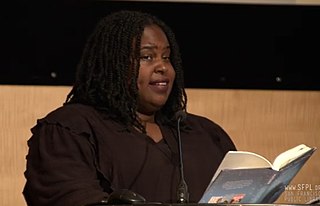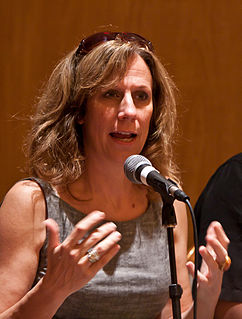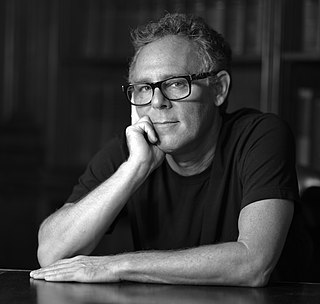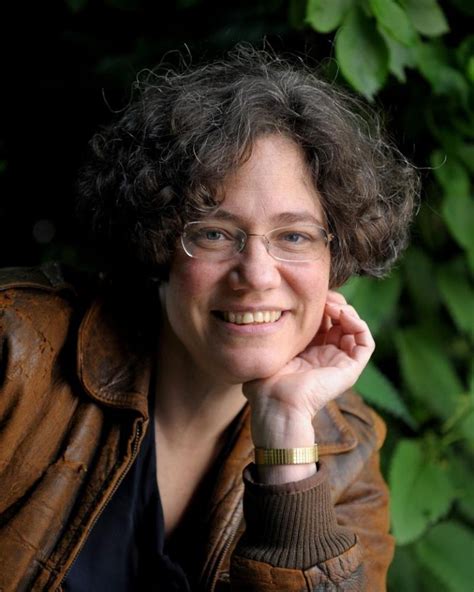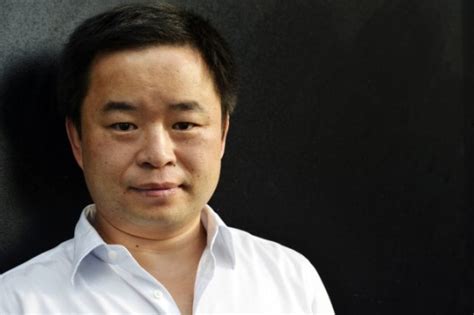A Quote by Stephen Karam
Related Quotes
But we should ask the question: Why should a writer be more than a writer? Why should a writer be a guru? Why are we supposed to be psychiatrists? Isn't it enough to write and tell the truth? It's not like telling the truth is common. Writers are the earthworms of society. We aerate the soil. That's enough.
It's very difficult to measure the impact on policy of any investigative journalism. You hope it matters to let a little more truth loose in the world, but you can't always be sure it does. You do it because there's a story to be told. I can tell you that the job of trying to tell the truth about people whose job it is to hide the truth is about as complicated and difficult as trying to hide it in the first place.
How forthright does the audience want the broadcasters to be? Because when you tell your truth, there's a lot of anger that comes out. I think it's a good question to ask TV people [executives] too. How much truth do they want to be told? How much truth does the league want told? Because the truth isn't just a positive truth. If you're going to tell the truth, you would be telling a lot of positive and some negative.



